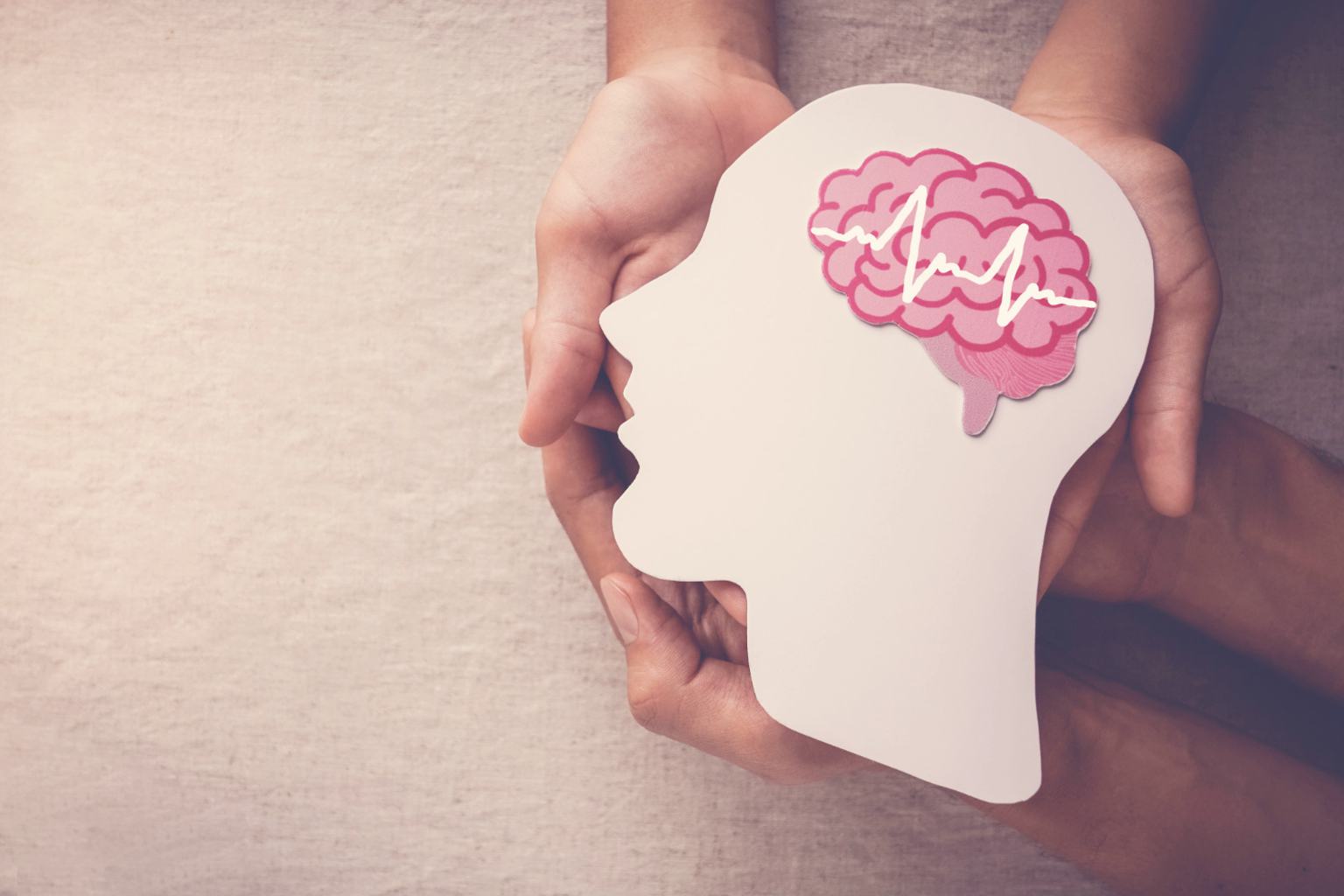As we age, keeping our minds sharp can feel like a challenge. Many of us turn to crossword puzzles and sudoku to keep our brains busy, but experts say there’s a lesser-known activity that packs even more benefits for those over 65. Could a childhood favorite hold the key to better memory and mental agility? The answer might surprise you.
Why the Rubik’s cube is a powerful brain booster after 65
You probably first met the Rubik’s cube in your younger days—a colorful puzzle toy twisting and turning, challenging patience and persistence. Far from just a toy or a speed-solving competition prop, studies reveal that this iconic cube profoundly stimulates numerous brain functions.
Solving the Rubik’s cube exercises your short-term memory because you must recall sequences quickly without error. It also boosts your long-term memory by helping you learn and store solving methods and patterns. Remarkably, it trains your muscle memory too, with repeated finger movements becoming automatic, a unique benefit not commonly found in everyday tasks.
The cube calls for sharp hand-eye coordination and fine motor skills. You also constantly engage your spatial reasoning—the ability to visualize how one twist affects the other sides. Beyond memory and coordination, it hones your concentration, patience, flexibility, and even your capacity to anticipate outcomes.
A recent study published in the European Journal of Special Education Research, while focused on children, suggests these cognitive advantages extend across age groups. This means the Rubik’s cube could be a powerful tool for mental well-being at any stage of life, including the golden years.
Crosswords and sudoku: still valuable but missing one piece
Before you toss out the crossword puzzles and sudoku, consider what researchers say about these classics: they remain highly effective cognitive exercises for adults, especially those between 50 and 93 years old. A 2019 study highlighted sudoku’s ability to enhance problem-solving skills, creativity, memory, and even reduce stress levels in older adults. Likewise, crossword puzzles have been shown to slow memory decline by over two years in seniors with mild cognitive impairment or early-stage dementia.
In fact, a 2011 study using brain imaging showed crossword enthusiasts had better memory retention, concentration, mood, and even general knowledge compared to those who didn’t engage in such activities. These games are certainly not to be underestimated.
But adding the Rubik’s cube into your routine might offer that missing mental workout. It challenges different areas of your brain simultaneously, giving you a richer, more holistic cognitive exercise.
How often should you wash your face? Experts all gave the same response
How incorporating the Rubik’s cube can elevate your daily routine
I recall when a family member introduced me to the Rubik’s cube during a low-energy afternoon. I was skeptical at first, feeling a little overwhelmed by the colorful cube’s complexity. But as I worked through the moves, I noticed a heightened focus and a playful patience blossoming inside me. Instead of mindlessly scrolling through my phone, this small challenge kept my brain alert, and over time, those brief 10-15 minute sessions felt incredibly rewarding.
You don’t need to be a Rubik’s cube champion or solve it in under a minute to reap benefits. Simply playing around with the cube encourages your brain to work out muscles it doesn’t often use. Much like physical exercise targets various muscle groups for a balanced body, the Rubik’s cube activates multiple cognitive areas, increasing mental resilience.
Including it in your daily pastime mix—alongside crossword puzzles, sudoku, reading, or walks—can create a diverse mental fitness routine. Even a few minutes with the cube daily can spark improvements in memory, concentration, and problem-solving.
So, are you ready to trade a few minutes of TV time or social media scrolling for a mental challenge that could pay dividends for your memory and brain health? Let’s start twisting, turning, and sharpening those minds!
Tell us, have you ever tried the Rubik’s cube as a brain exercise? What other activities keep your mind sharp? Share your experiences or tips below—your story might inspire someone else to pick up the cube today!
